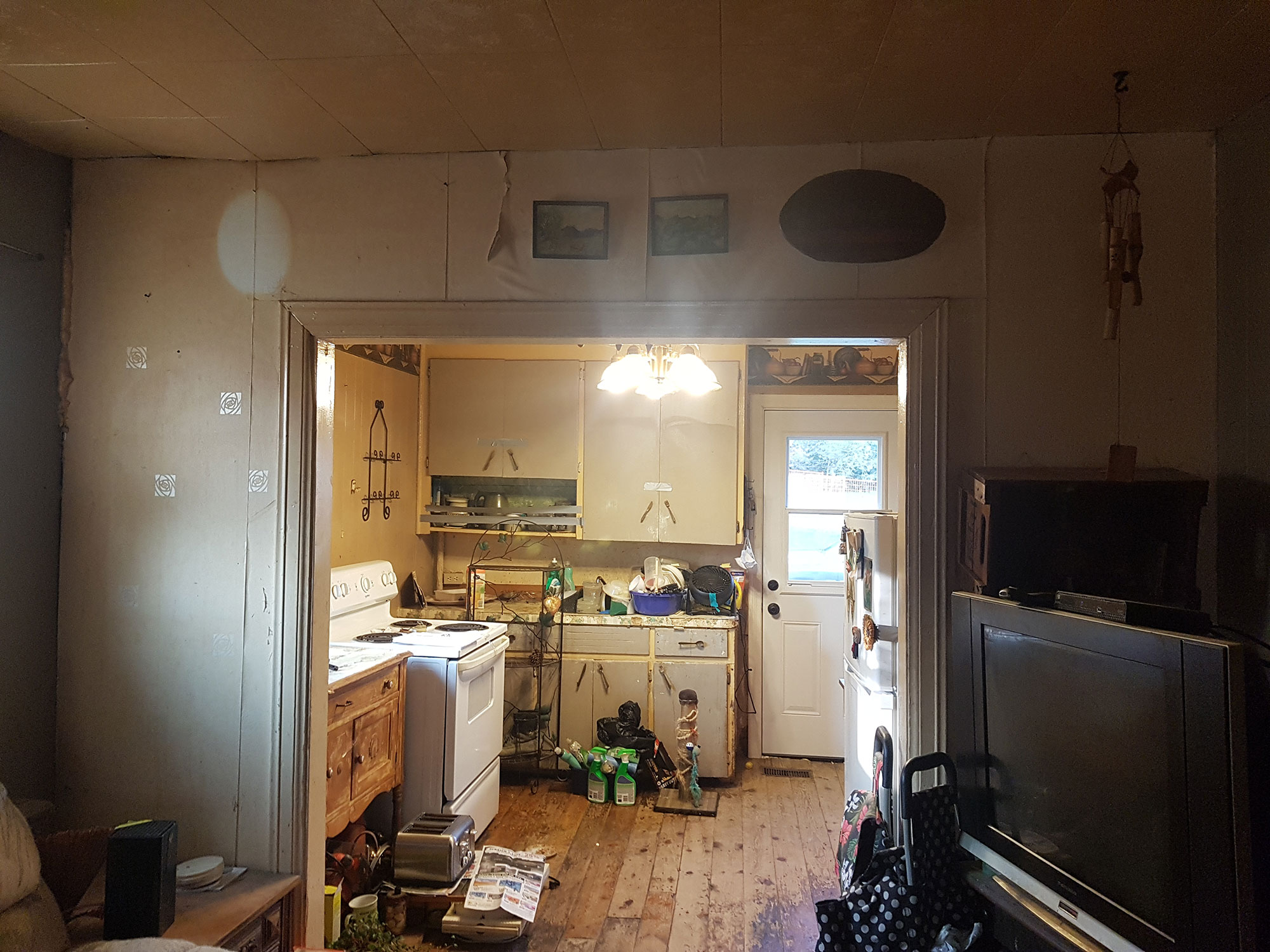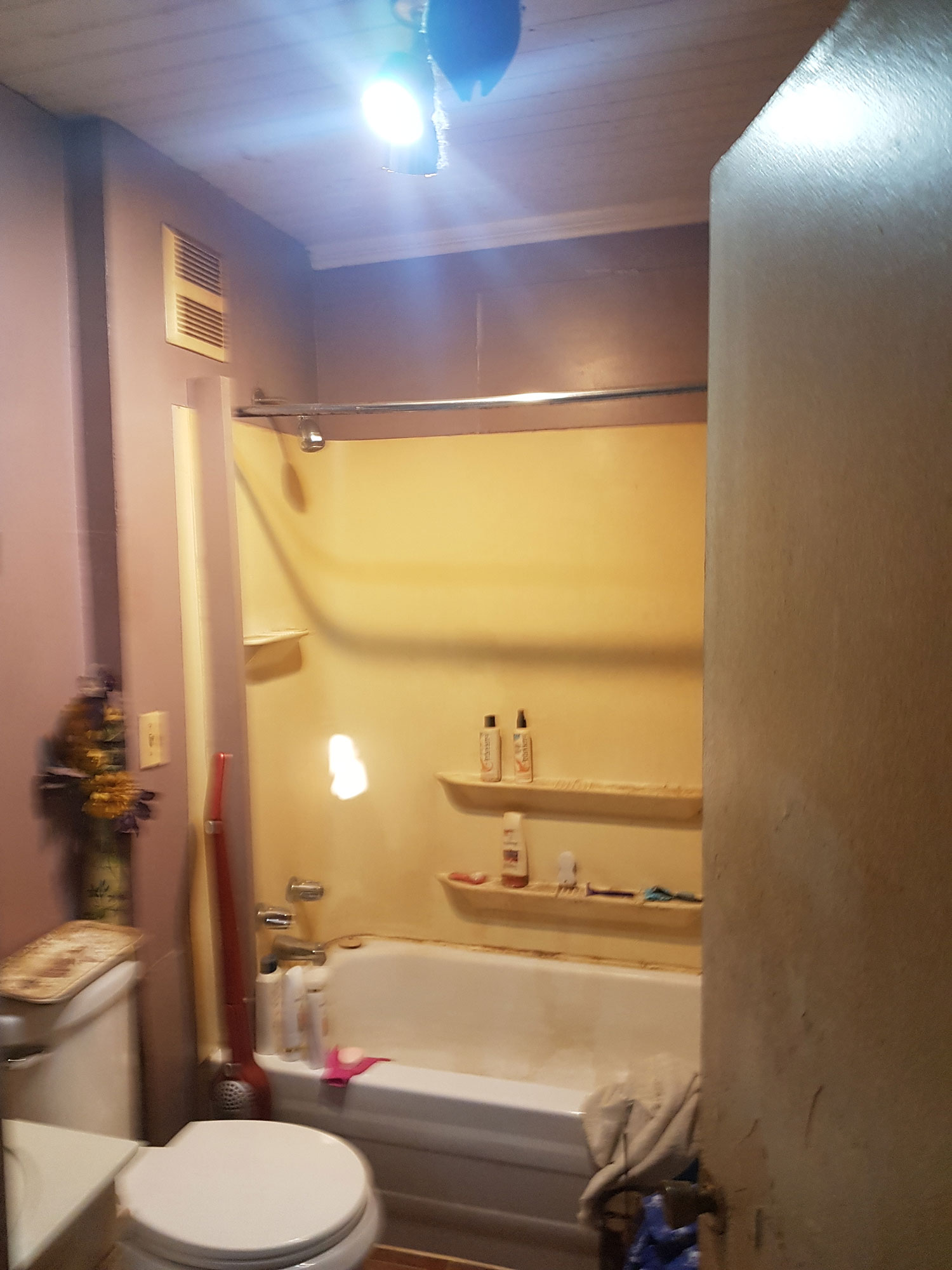
Why Do People Sell Their Homes?
Americans move an average of 11.7 times during their lifetimes, according to the U.S. Census Bureau.1 There are many reasons why people sell their homes, ranging from personal relationships to physical surroundings.
A home that no longer is a good fit for one family can be a dream home for another. Here are common reasons why people sell their homes.
Key Takeaways
- People who move for home-related reasons might need a larger home or a house that better fits their needs, or they might have a preference for a different neighborhood.
- Financial reasons for moving include wanting a nicer home, moving to a newer home to avoid making repairs on the old one, or cashing in on existing equity.
- People move for personal reasons as well; you might relocate for a new job or to be closer to family, or you might simply want a new house to fix up and flip.
- Different stages of life require different needs from your home; those who are recently divorced, widowed, or retired might move to a new location.
Home-Related Reasons
People who sell houses may be motivated by the residence itself or the area around it. This doesn’t always mean there is something wrong with the home or the area, but the situation for the homeowners may have changed, requiring something different.
The Home Is Too Small
Increased family size is a common rationale for why people sell their homes. First-time homebuyers often outgrow their starter residences. As kids grow, many homeowners need a larger place. Homeowners are also increasingly looking for multi-generational homes to accommodate aging parents or adult children moving back home.2
The Home Doesn’t Meet Their Needs
Maybe they thought they could get by without a front yard, but the noise from the street is just too much. Maybe the pool is a pain to maintain, and they never use it anyway. Perhaps they’re sick of tripping over the steps to the sunken living room. Whatever the reason, homeowners might believe they made a mistake when purchasing their present place and want out.
The Neighborhood Has Changed
The neighborhood might have changed. Perhaps the overall area has developed in a way that’s not to the residents’ liking. For example, it might have grown too commercial, too busy, too young, or too quiet.
Financial Reasons
Money matters are another common motivation for moving. Not only do people’s incomes change over time, but the values of homes also change over time, introducing another factor.
Upgrading the Home
People outgrow their homes in a figurative sense as well. Their careers are flourishing, or they’ve come into money and can afford a bigger, grander, more-expensive residence.
Deferring Maintenance
Some people don’t want to put on a new roof, replace the siding, or buy a new furnace, so it’s easier to buy a newer home. When you figure that the life of most residential infrastructures is about 15 years, it could make sense to get out before it’s time to spend a lot on repairs.
Cashing in Equity
Some homeowners become frustrated because their home has equity, but it’s a challenge to tap into it. Home equity loans and lines of credit involve taking on more debt, which isn’t appealing to everyone. Rather than stare at four walls with empty pockets, they find it more financially expedient to sell and use the funds for other things. They cash in, taking advantage of the appreciation in property values.
Personal Reasons
Life changes in many ways that have little to do with money or the size of one’s family. When owning a house is the only thing keeping a homeowner tied to a specific area, it might be time to consider cutting ties to the home.
New Job or Transfer
Obviously, work-related relocation makes it necessary to pull up roots, and it doesn’t have to be a full-fledged move to another town or state. Many people draw the line at a commute that exceeds a certain distance, especially if it means driving in heavy traffic.
See Family More Often (or Less)
People frequently move to be near relatives, especially as they age. Conversely, some homeowners move to put distance between themselves and their kin.
Need a New Challenge
Some people enjoy fixing up a home, spending time, money, and effort on remodeling. But once the work is completed, they become restless because they have nothing left to do. They like nothing better than selling up and moving on to the next fixer-upper.
Different Interests and Priorities
Some folks are simply tired of owning a home and would prefer to travel, pursue a hobby, or be less responsible. For these people, homeownership loses its priority status, and selling a home turns into the ticket for realizing dreams.
Life Cycle Reasons
As people reach significant milestones in their lives, their residential preferences and needs often change.
Changes in Relationships
Moving in with a partner or getting married usually means selling for one or both of the homeowning parties. Conversely, breakups are also a common reason for people to sell homes. One party may need to buy out the other and not have the cash available, the place may not be affordable to sustain on a single income, or the home may simply hold bad memories.
Empty Nest
Downsizing a home is a key reason why empty-nesters move.3 The kids have grown up and moved out, and now the parents want a smaller place. Plus, the older you get, the harder a big house is to maintain, and the better an apartment or townhouse may look. Physical ailments make it difficult to climb stairs, walk long distances, negotiate narrow spaces, or do yard work. Since refitting can be expensive, it’s often more expedient to move to a place with a preferable layout or a condo complex with maintenance staff.
Active-adult communities are attracting many buyers over age 55. These planned communities have golf courses, clubhouses, workout and recreational facilities, social gatherings, and health and medical facilities, making it easier to age in place.
Death in the Family
When half of a couple dies, the survivor may find the home too big or too full of reminders to remain there. Maybe grown children find the familial home impractical to keep after their remaining parent goes. Estate planners often recommend that homeowners transfer title to a property into a trust, which allows their heirs to avoid probate proceedings and sell a home more easily.
Source: The Balance
How It Works
STEP 1
Contact Us - Complete Our Website Form or Give Us a Call!
STEP 2
Meet With Us /
Walkthrough
STEP 3
Receive our 'As-Is' Fair
Cash Offer
STEP 4
Accept Offer & Proceed
to Closing
What our Clients Have to Say

We Buy Houses In Ontario, As Is
We specialize in helping people that need to sell their houses quickly for a variety of circumstances. Some of the reasons we see most often are:
Inherited an unwanted home, need to settle an estate, tired of the headaches of being a landlord, house is vacant and costs are piling up, home is in need of repairs, need to sell your house fast, transferring jobs or relocating, bought a new home, and need to sell the old one fast, behind on payments or facing foreclosure, recently divorced, real estate agent couldn’t sell the home, tax defaulted, lien on property, property code violations.
We Buy Houses That Need Repairs
We have bought over 100 houses in as is condition, many of them were in disrepair, just like yours. If your house needs tens of thousands in repair work, we can help. Nearly every homeowner we have worked with was surprised and relieved when they found out they could sell to us, and simply walk away from their home repair nightmare.


It’s Hard To Sell a Damaged House
You name it, we’ve seen it. We’ve bought houses with extensive mold and water damage. Houses from hoarders that didn’t know where to turn. It’s almost impossible to sell a hoarder’s house the traditional way because they can’t show it to prospective buyers, or are too embarrassed to do so. We understand, and we’ve worked with many people in that situation and enabled them to sell their house fast. There’s no judgment, just a quick hassle-free solution.
